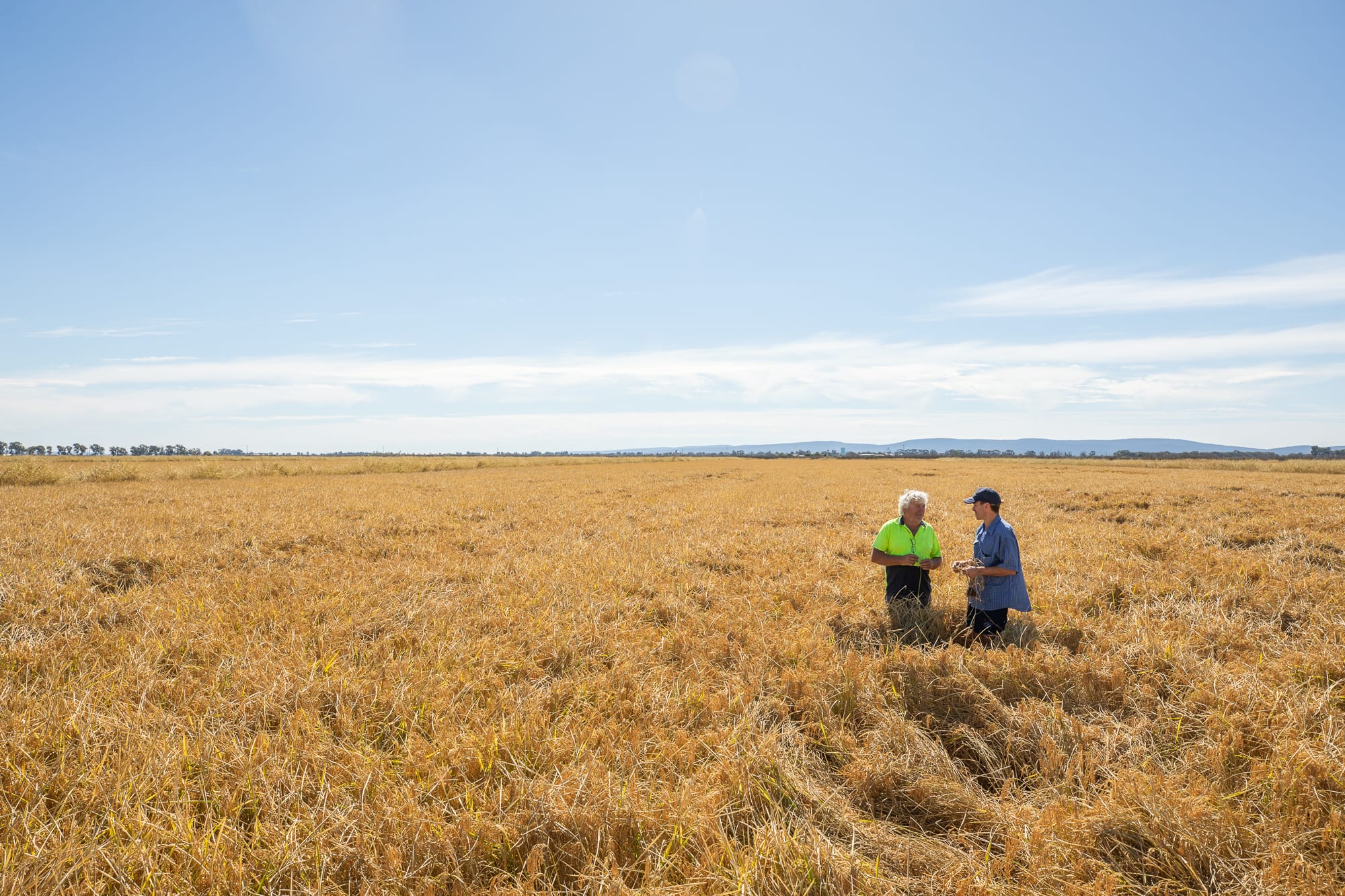
Prof. Nerilie Abram, Chief Scientist of the Australian Antarctic Division, presented critical findings regarding rapid environmental changes in Antarctica at the COP30 conference in Brazil on November 18, 2025. Her presentation, part of the COP30 Cryosphere Pavilion, draws upon research published in the journal Nature earlier this year, highlighting alarming trends that could have significant implications for global climate.
Antarctica is currently experiencing multiple abrupt changes in its environment. These shifts occur at a pace much faster than what is typically expected, leading to potential challenges for climate adaptation strategies. Once these changes are initiated, they may become irreversible, complicating efforts to manage climate risks effectively. Prof. Abram emphasized that such abrupt changes can produce unexpected consequences that complicate adaptation to ongoing climate variations.
Interconnected Climate Risks
The research indicates that various climate pressures are contributing to shifts in Antarctica’s oceanic, glacial, and biological systems. These interconnected changes amplify the risk of triggering further abrupt and irreversible impacts within the region. Moreover, they have the potential to exacerbate climate change effects beyond Antarctica, impacting global weather patterns and sea levels.
Prof. Abram underscored the importance of international cooperation in addressing these escalating risks. She noted that limiting global warming to around 1.5°C is crucial for mitigating the likelihood of triggering severe impacts in Antarctica that could have far-reaching consequences. Collaborative efforts to reduce greenhouse gas emissions are essential in creating a sustainable future.
Preparing for the Future
In her address, Prof. Abram also called on governments, businesses, and communities to strengthen their climate resilience. She urged decision-makers to incorporate scenarios that account for the potential of abrupt environmental changes in Antarctica when planning for future climate and sea-level rise impacts. Such proactive measures are vital in preparing for the unpredictable nature of climate change.
A briefing document aimed at policymakers detailing these findings will soon be available through the Antarctic Environments Portal. Additionally, a tailored policy briefing for Australian decision-makers is set to be released. This research aligns with the goals of the Australian Antarctic Science Decadal Strategy and represents a collaborative effort to enhance understanding of the Antarctic environment and its implications for global climate.
As the conference continues, the urgency of addressing these environmental challenges remains paramount, underscoring the critical role of scientific research in informing policy and fostering international collaboration.







